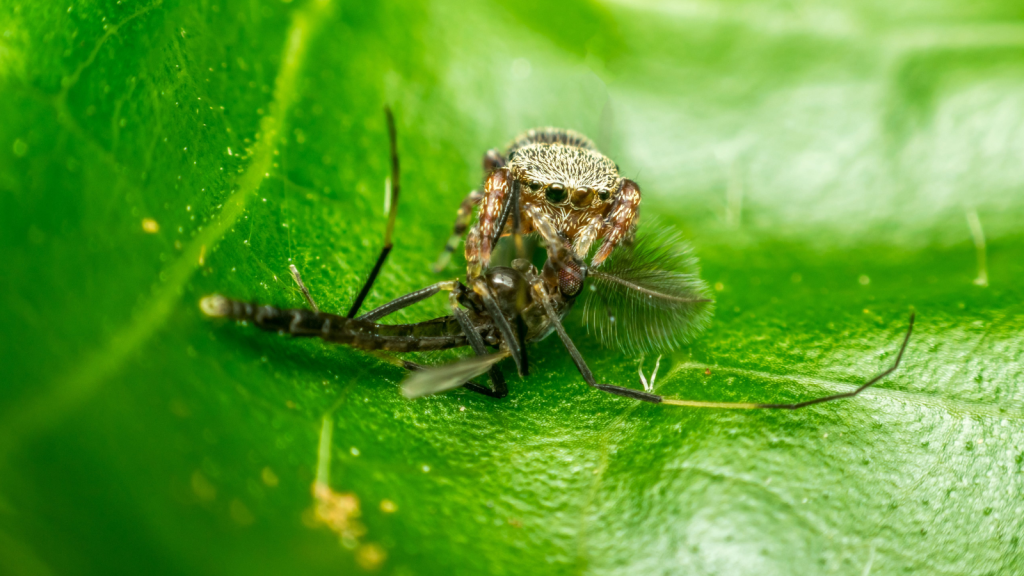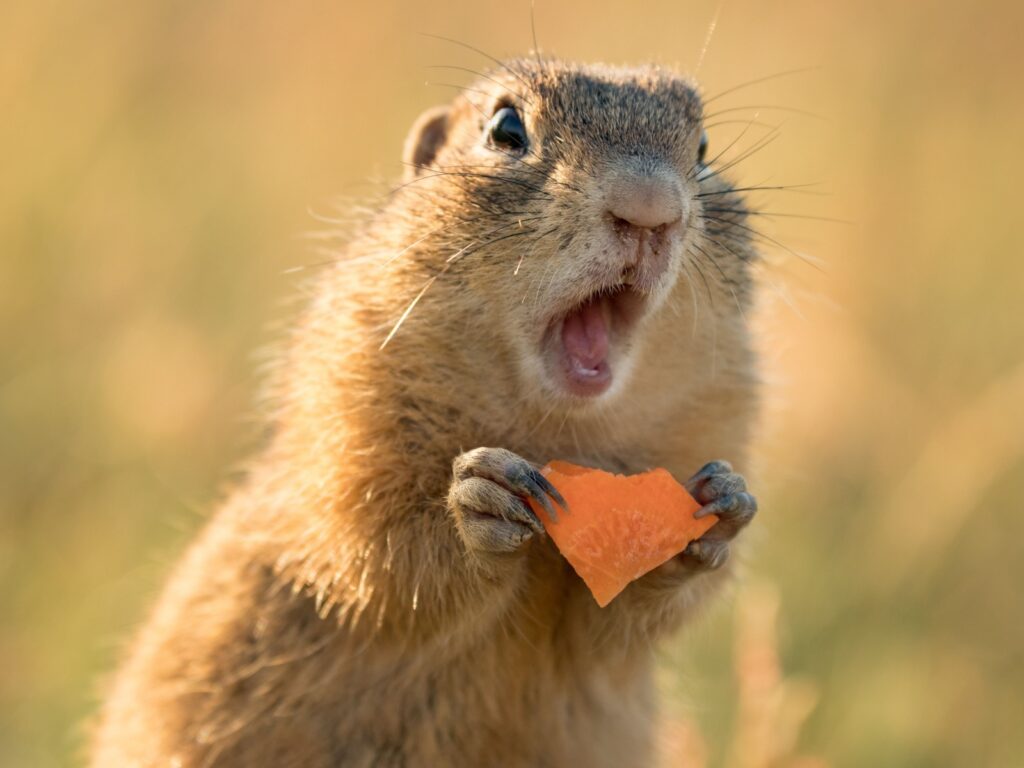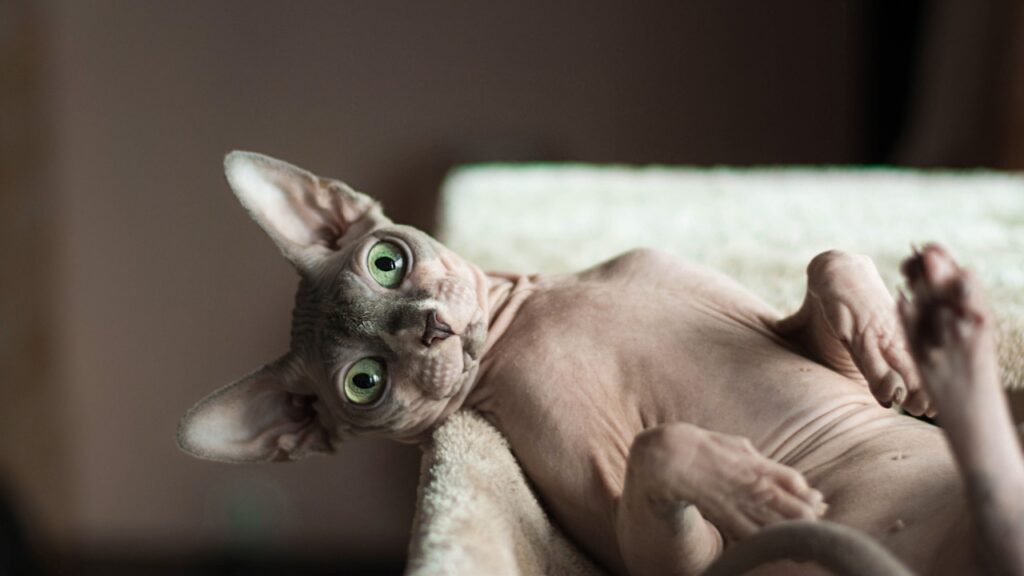Mosquitoes are more than just pesky party crashers at our summer barbecues. These tiny bloodsuckers can spread diseases and make outdoor activities miserable. They even try to feast on my dogs if I’m not careful where I walk them during peak mozzie season. But nature has its own way of keeping mosquito populations in check. Thankfully, there are plenty of critters both here in the UK and abroad that feast on mosquitoes, so there are fewer to feast on us. From backyard visitors to exotic creatures, these mosquito-munching animals help maintain balance in ecosystems while inadvertently making our lives a bit more comfortable. Discover the unexpected heroes in the battle against mosquitoes.
Dragonflies
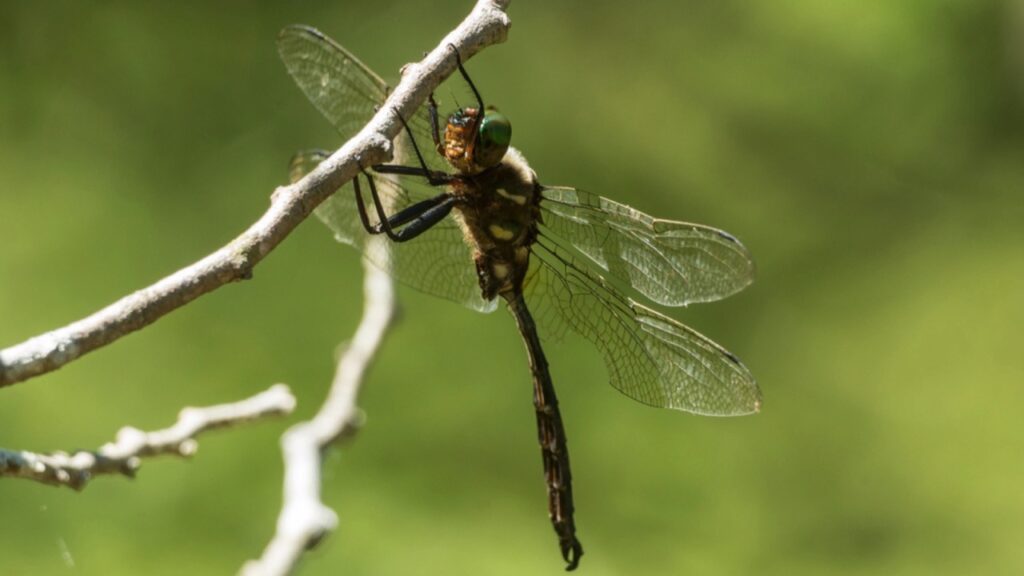
Dragonflies are mosquito-eating machines. Both adult dragonflies and their aquatic nymphs feast on mosquitoes. An adult dragonfly can eat hundreds of mosquitoes in a single day. Their large compound eyes and agile flight make them expert hunters of these tiny pests. Dragonflies are most active during the day, complementing the mosquito control efforts of nocturnal predators.
Bats
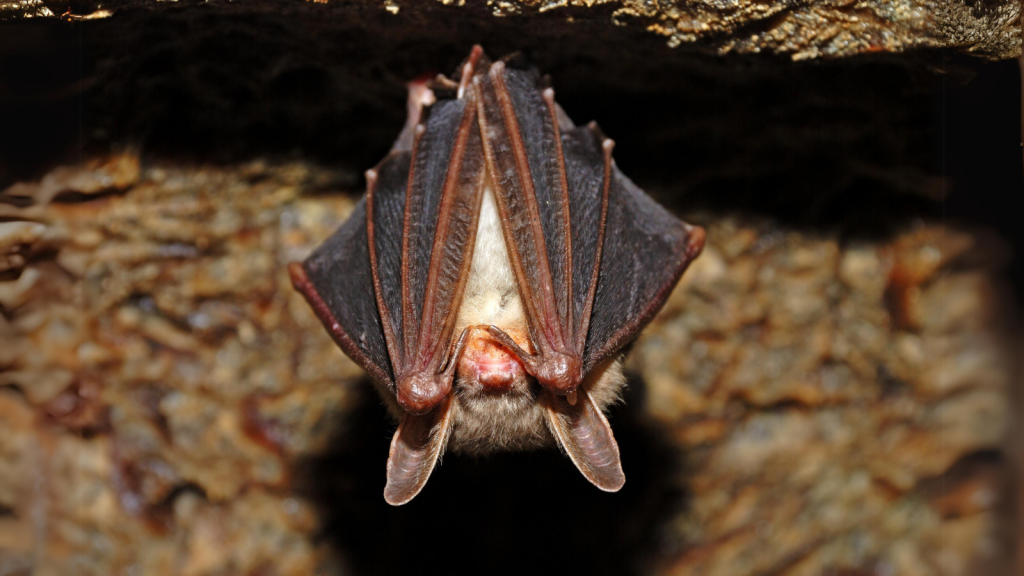
Many bat species include mosquitoes in their diets. Some bats can eat up to 1,000 mosquitoes in a single hour. These nocturnal flyers use echolocation to detect and capture mosquitoes mid-flight. Encouraging bats in your area can be an effective natural mosquito control method. Installing bat houses in your yard can provide these beneficial creatures with daytime roosting spots, increasing their presence in your area.
Purple Martins
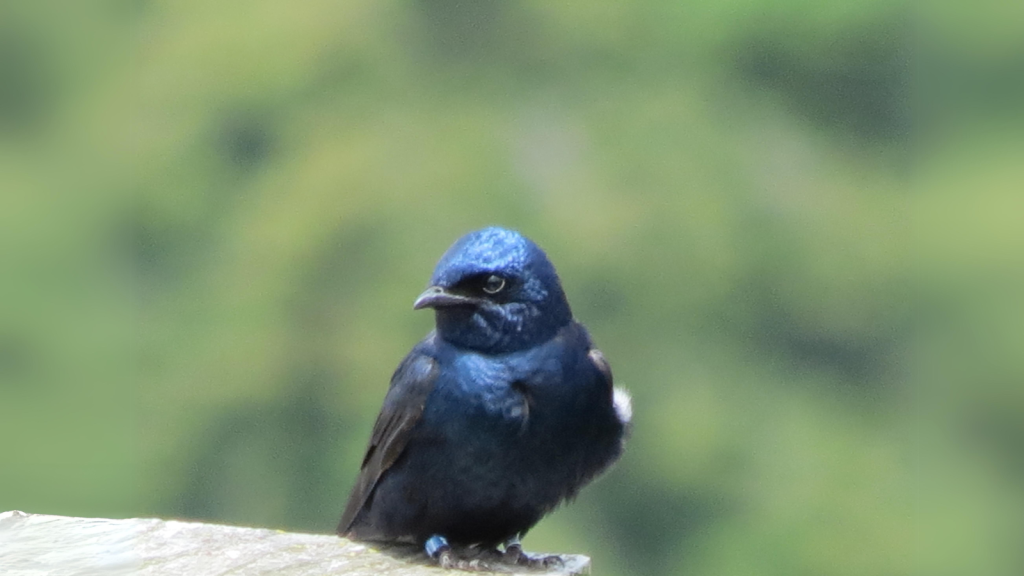
Purple martins are known for their mosquito-eating habits. These agile birds can catch and eat mosquitoes while flying. A single purple martin can consume thousands of mosquitoes each day. Many people set up martin houses to attract these helpful birds to their yards. Purple martins are colonial nesters, so providing multi-compartment birdhouses can encourage entire colonies to settle in your area.
Frogs
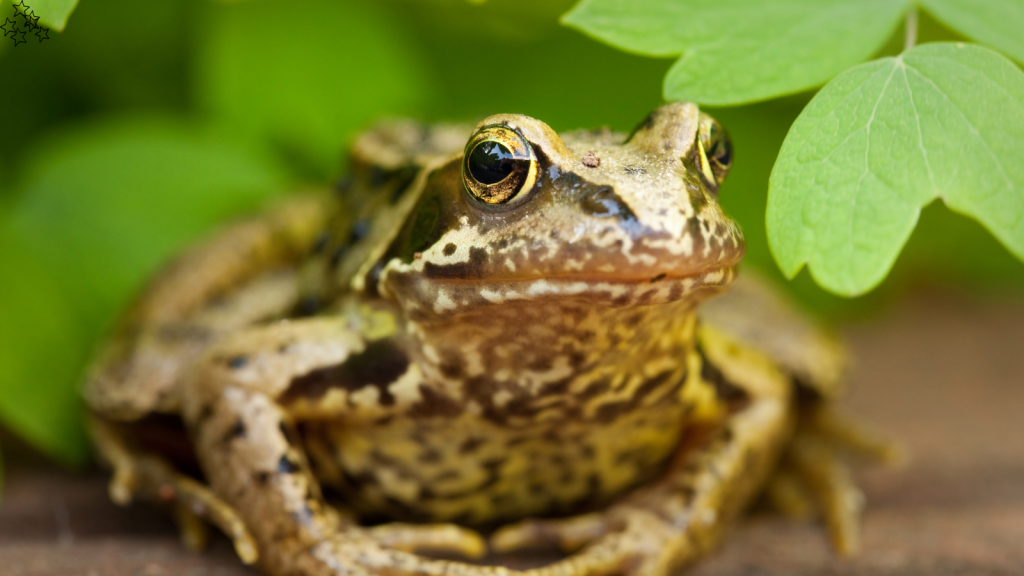
Frogs are voracious eaters of mosquitoes, especially in their tadpole stage. Adult frogs will snap up mosquitoes that come near them. Some frog species can eat up to 100 mosquitoes in a single night. Having a pond or water feature in your garden can attract these amphibian helpers. Frogs also serve as indicators of environmental health, so their presence can signal a balanced ecosystem.
Fish
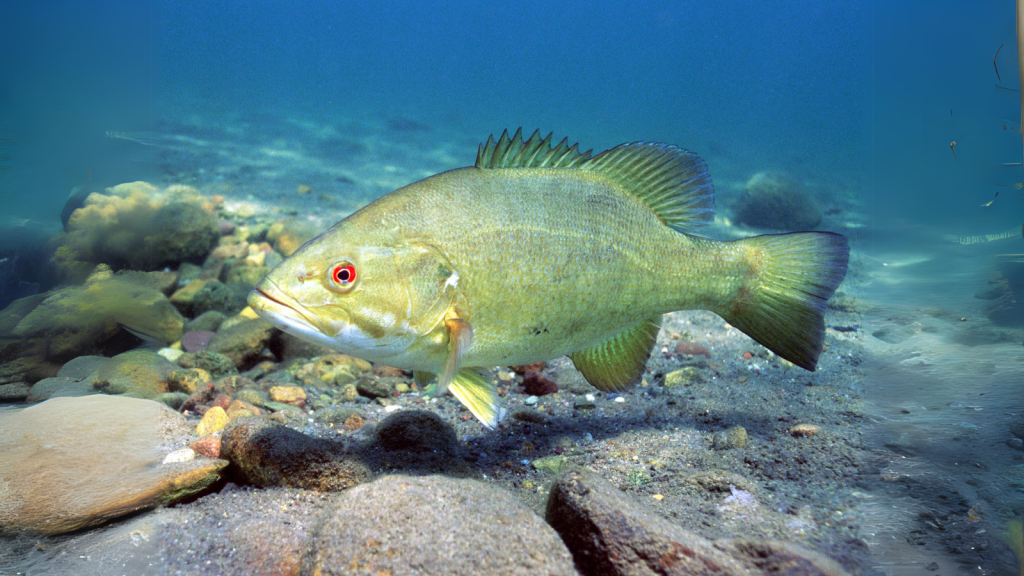
Many species of fish eat mosquito larvae that develop in water. Mosquitofish, goldfish, and guppies are particularly effective at controlling mosquito populations in ponds and water features. A single mosquitofish can eat up to 100 mosquito larvae in a day. Introducing these fish to standing water bodies can provide long-term mosquito control, as they reproduce and maintain their population.
Spiders
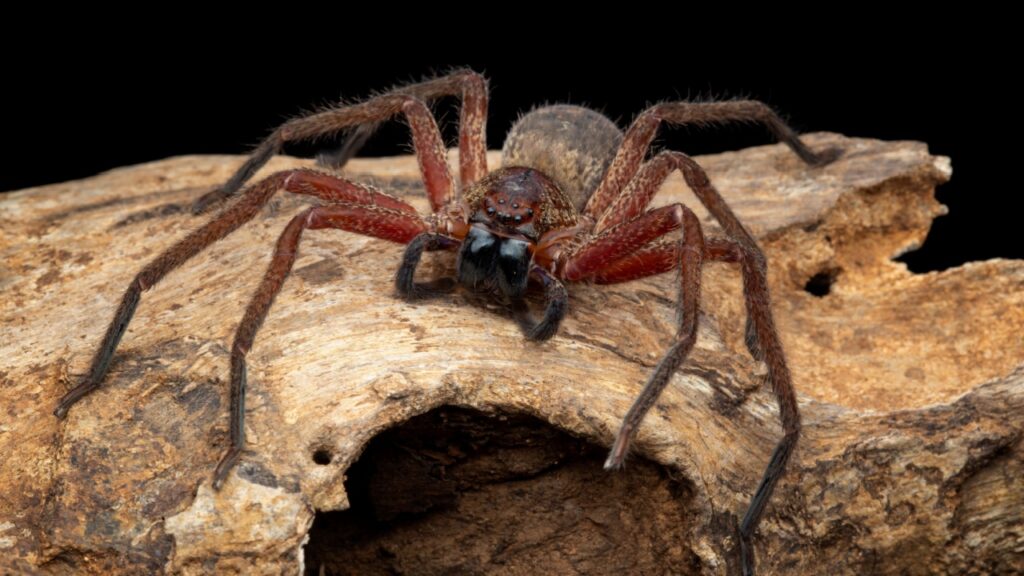
Spiders are silent but effective mosquito predators. Many spider species will catch mosquitoes in their webs. Some actively hunting spiders will seek out and capture mosquitoes. Encouraging spiders in your garden can help reduce mosquito numbers naturally. Spiders also control other pest insects, making them valuable allies in overall garden health.
Gecko
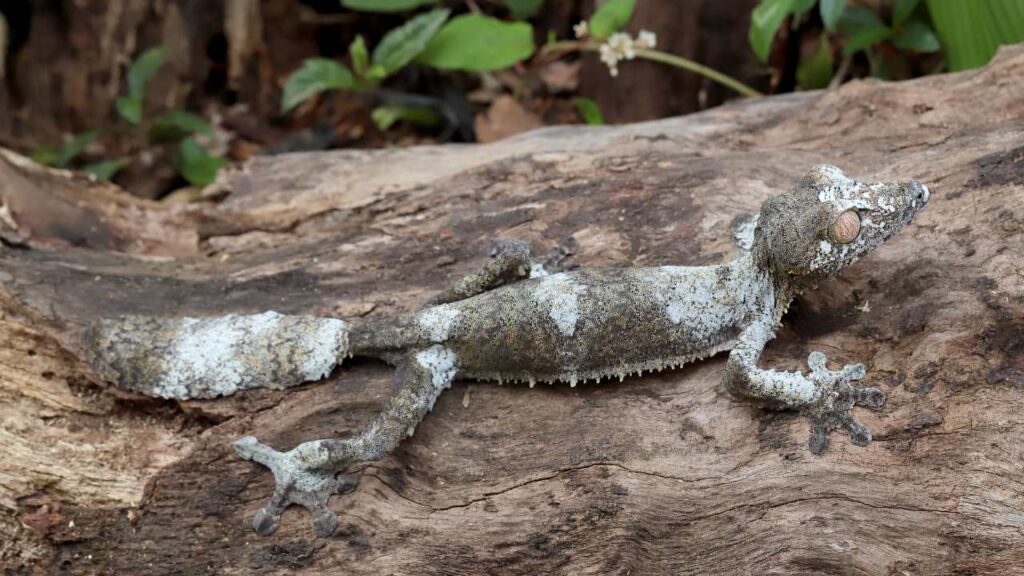
Geckos are skilled mosquito hunters. These small lizards can climb walls and ceilings to reach mosquitoes. A single gecko can eat up to 100 insects, including mosquitoes, in one night. Having geckos around your home can be a natural and effective way to control mosquitoes. Geckos are also low-maintenance, requiring no special care to thrive in and around human habitations.
Turtles
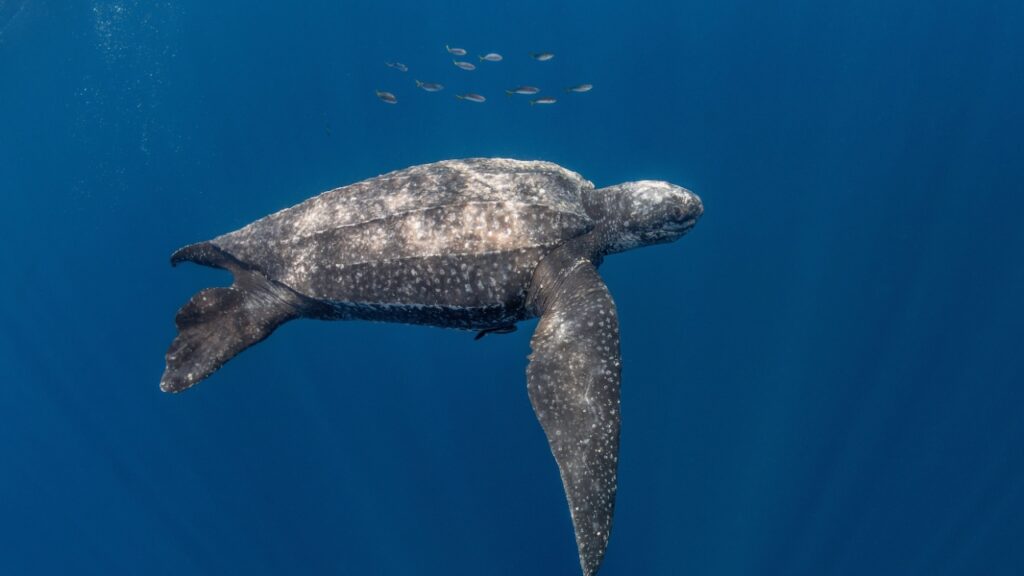
Aquatic turtles eat mosquito larvae that develop in water. Red-eared sliders and painted turtles are particularly fond of mosquito larvae. These turtles help control mosquito populations in ponds and slow-moving streams. Encouraging turtles in your local water bodies can aid in mosquito control. Turtles also contribute to aquatic ecosystem health by consuming algae and acting as scavengers.
Birds
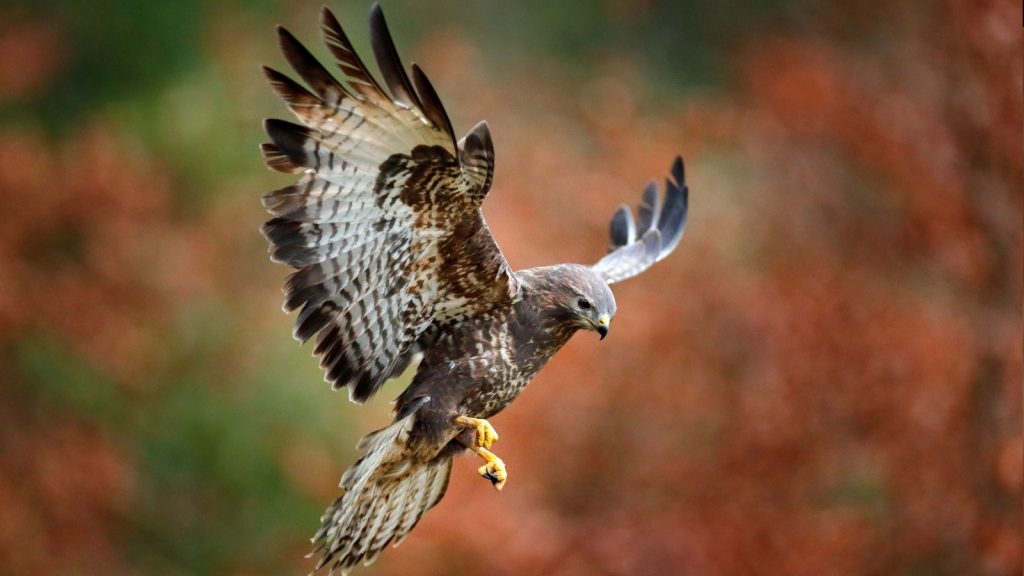
Many bird species include mosquitoes in their diets. Swallows, swifts, and nighthawks are particularly adept at catching mosquitoes in flight. These birds can consume hundreds of mosquitoes each day. Attracting a variety of birds to your yard can help keep mosquito numbers down. Providing diverse native plants in your garden can attract a wider range of insect-eating birds.
Damselflies
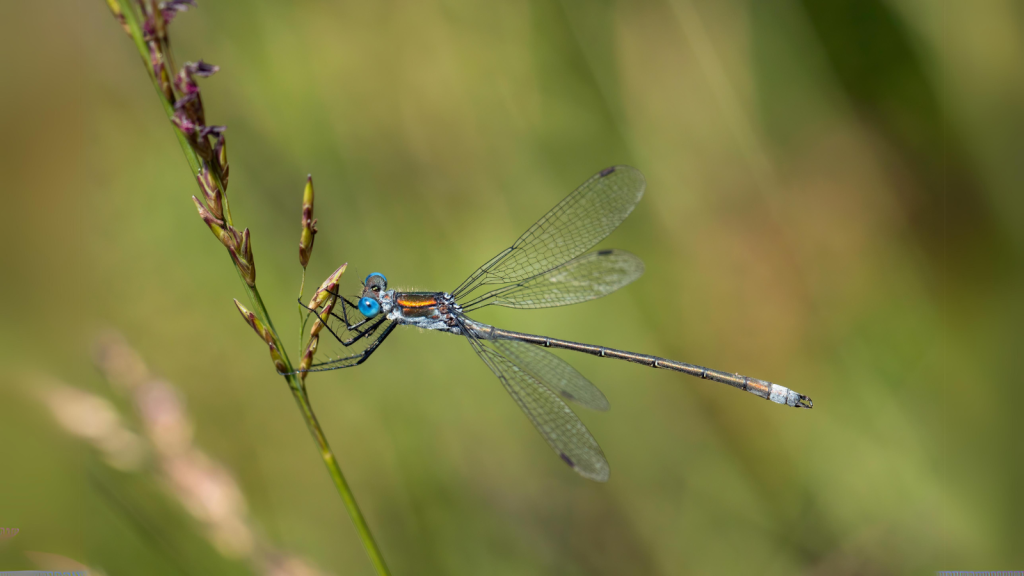
Damselflies, close relatives of dragonflies, are also effective mosquito predators. Both adult damselflies and their aquatic nymphs eat mosquitoes. Their slender bodies and delicate wings allow them to maneuver in tight spaces where mosquitoes might hide. Encouraging damselflies in your garden can help control mosquito populations. Creating a small pond or water feature can provide breeding habitat for these beneficial insects.
Opossums
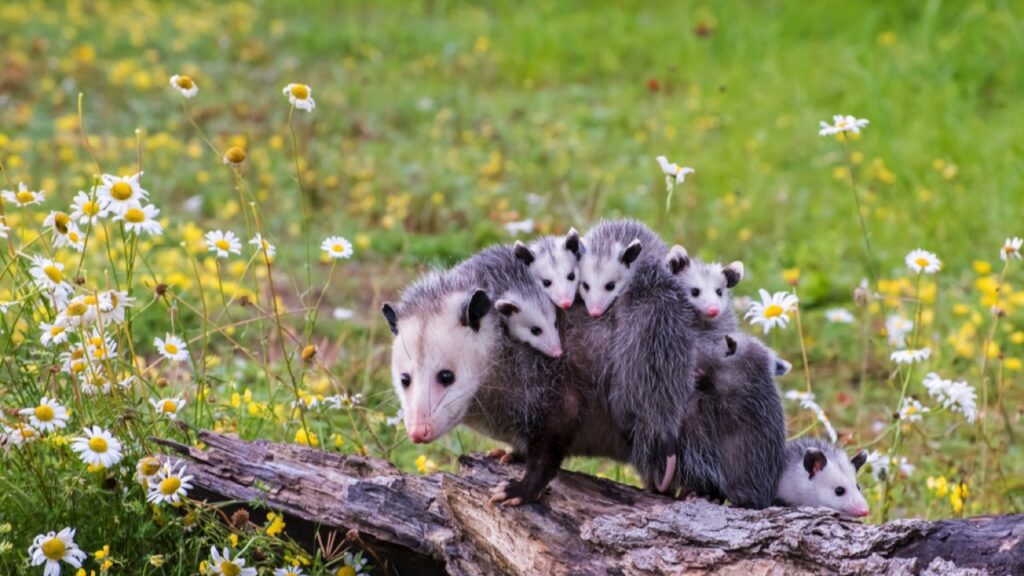
Opossums, while not primarily insectivores, do eat mosquitoes. These nocturnal marsupials will consume mosquitoes along with other insects they find. An opossum can eat thousands of ticks in a season, along with numerous mosquitoes. Having opossums visit your yard can help control various pest populations. Opossums also have a natural immunity to snake venom, making them valuable in controlling venomous snake populations.
Tadpoles
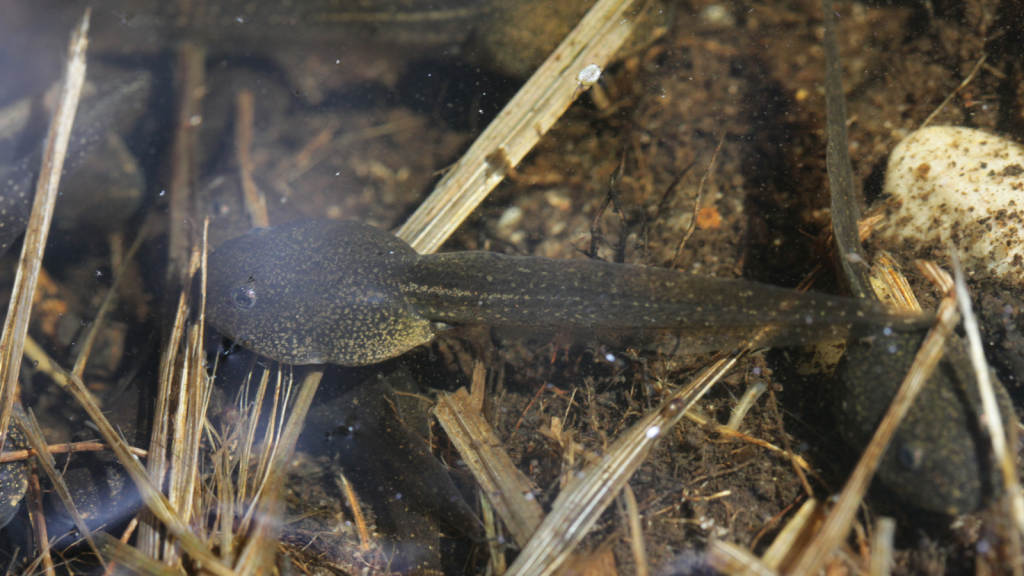
Tadpoles, the larval stage of frogs and toads, are voracious eaters of mosquito larvae. They share the same aquatic habitat as mosquito larvae, making them effective control agents. A single tadpole can eat up to 100 mosquito larvae in a day. Encouraging frog and toad populations in your area can lead to natural mosquito control. Different frog species’ tadpoles occupy various niches in the water, providing comprehensive mosquito control at different depths and areas.
Salamanders
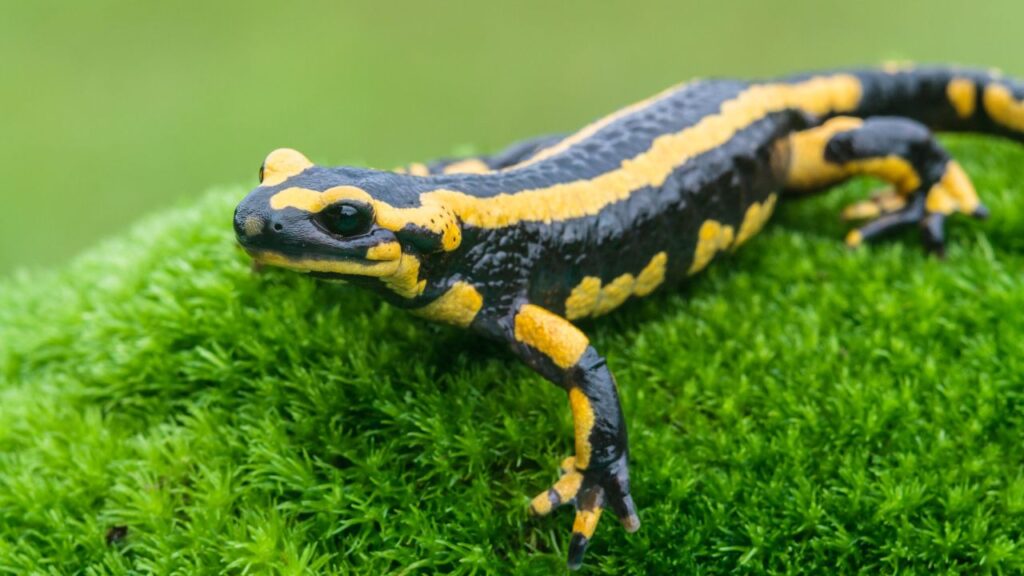
Salamanders, both aquatic and terrestrial species, eat mosquitoes. Aquatic salamanders consume mosquito larvae, while terrestrial species eat adult mosquitoes. Some salamander species can eat dozens of mosquitoes in a single night. Creating habitats for salamanders can help in natural mosquito control. Salamanders also serve as indicators of environmental health due to their sensitive skin, which absorbs pollutants easily.
Ducks
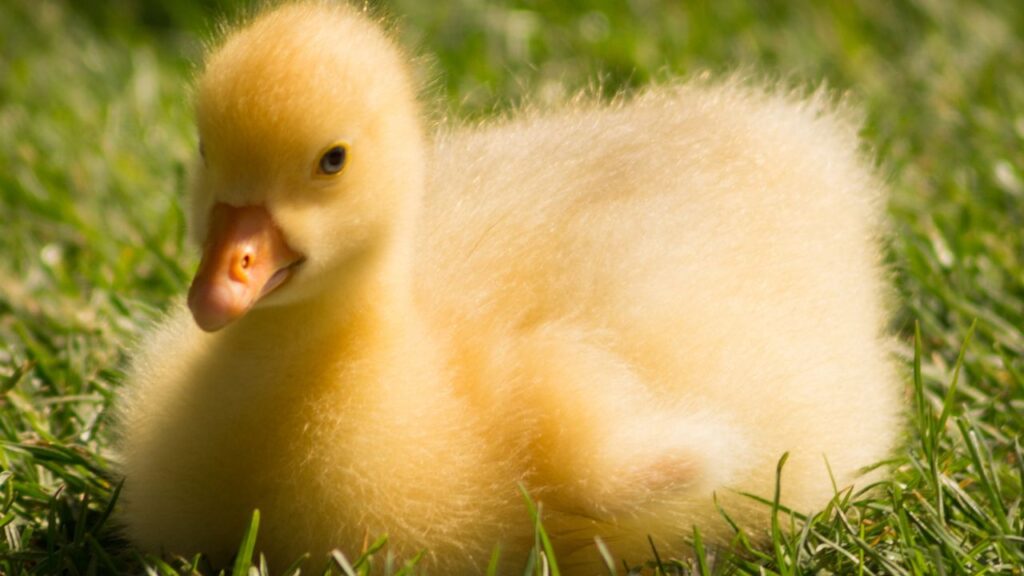
Ducks, particularly mallards and wood ducks, eat mosquito larvae from the water surface. They also consume adult mosquitoes that come near the water. A single duck can eat hundreds of mosquito larvae in a day. Having ducks visit your pond or water feature can help control mosquito populations. Ducks also aerate and fertilize pond water with their foraging activities, promoting a healthier aquatic ecosystem.
Praying Mantis
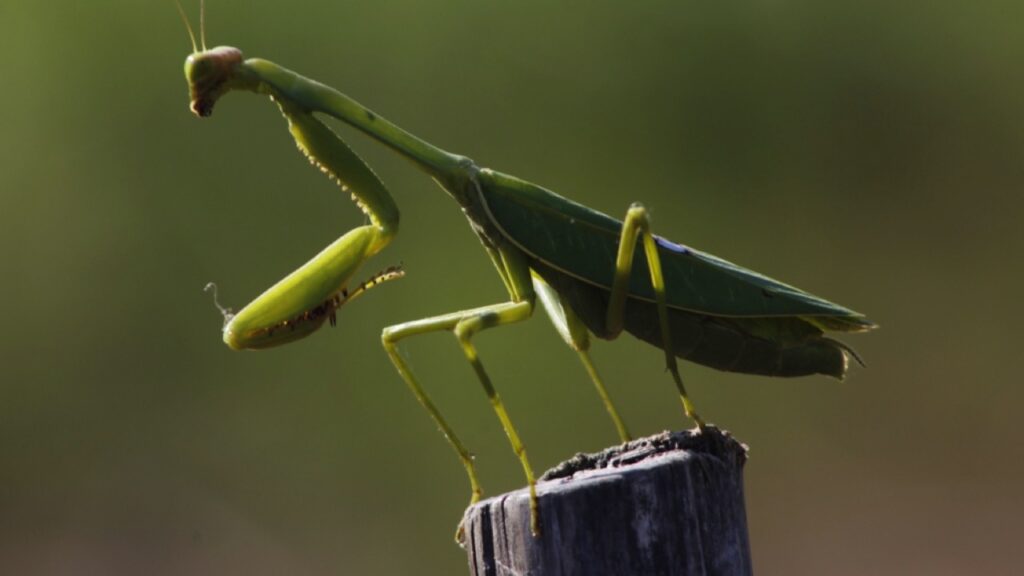
Praying mantises are skilled predators that will eat any insect they can catch, including mosquitoes. These patient hunters will wait for mosquitoes to come within reach. A praying mantis can eat dozens of mosquitoes in a day. Encouraging these fascinating insects in your garden can help control various pest populations, including mosquitoes. Mantises are also excellent subjects for nature photography and observation due to their unique appearance and behaviors.

